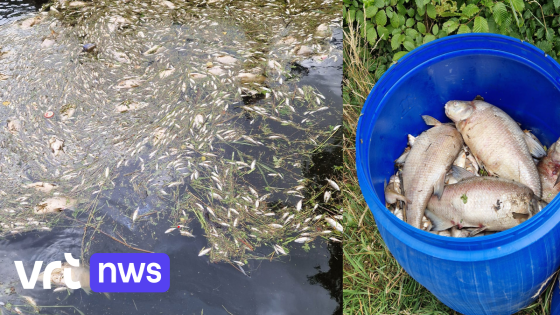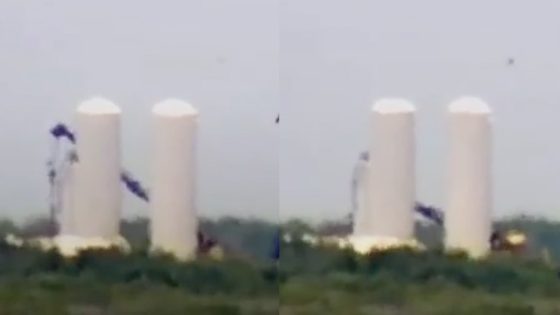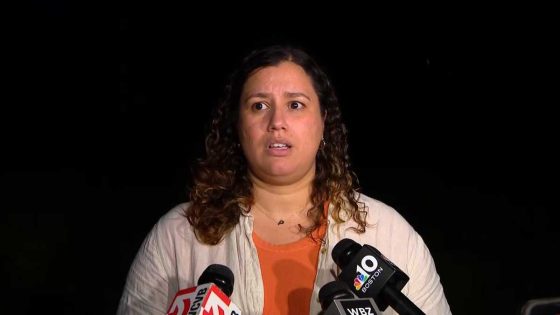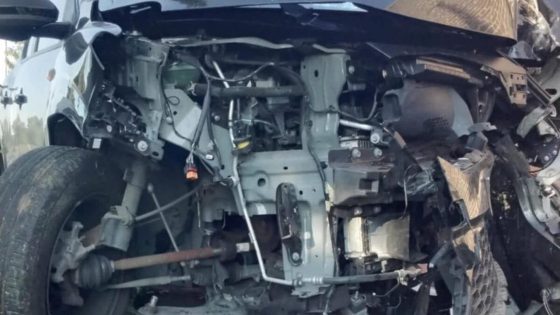The ongoing cleanup of dead fish in the Dender river in Denderleeuw highlights the environmental challenges caused by recent weather patterns. The primary cause of this fish die-off is oxygen depletion in the water, a direct consequence of the prolonged drought and the thunderstorm that struck a few days ago.
- Brandweer ruimt dode vissen op Dender
- Vissen stierven door zuurstoftekort water
- Droogte en onweer veroorzaakten zuurstoftekort
- Zuurstofgehalte in water is hersteld
- Opruimwerkzaamheden duren tot vanavond
- Wouter Michiels informeert over situatie
As of 2025-06-28 18:17:00, local firefighters remain actively engaged in clearing the affected sections of the river. According to Wouter Michiels from the Denderleeuw fire station, although oxygen levels have returned to normal, the cleanup operation is expected to continue until the evening.
What does this incident mean for local ecosystems, and how will authorities prevent similar situations in the future? The ongoing efforts shed light on the delicate balance of natural water systems and the impact of extreme weather in Belgium.
Why did the fish die, and what does this imply for local water management? Oxygen levels in rivers can drop sharply after droughts followed by storms, stressing aquatic life. This event raises questions about preparedness and resilience in Belgium’s waterways:
- Prolonged dry spells reduce water flow and oxygen availability.
- Sudden storms can worsen water quality by stirring sediments.
- Emergency response teams play a critical role in mitigating damage.
- Monitoring and preventive measures are essential to protect aquatic ecosystems.
Looking ahead, local authorities and communities must strengthen efforts to safeguard river health. Could increased monitoring and sustainable water management strategies prevent future fish kills? Staying informed and supporting conservation initiatives will be vital for protecting Belgium’s waterways.

































